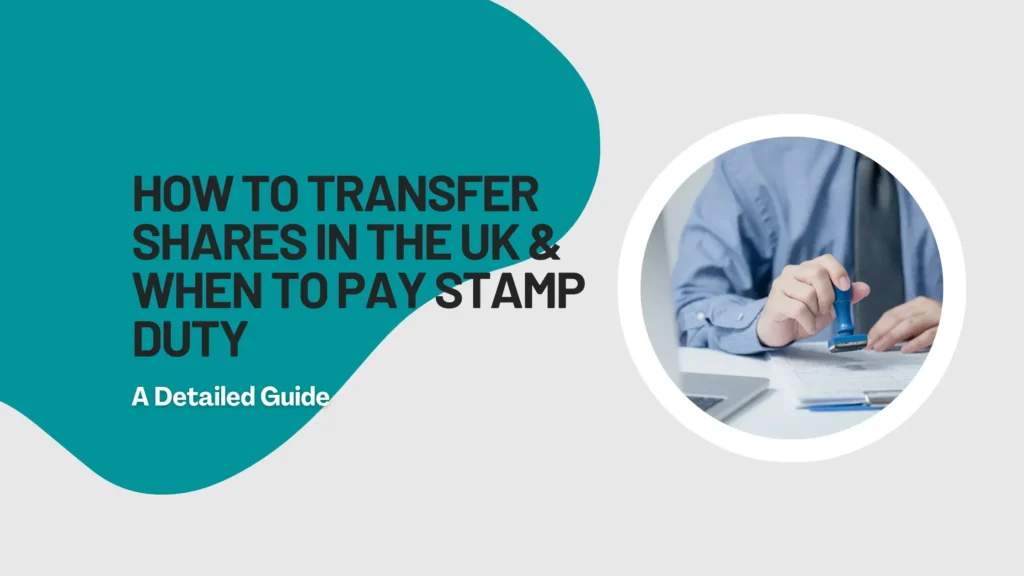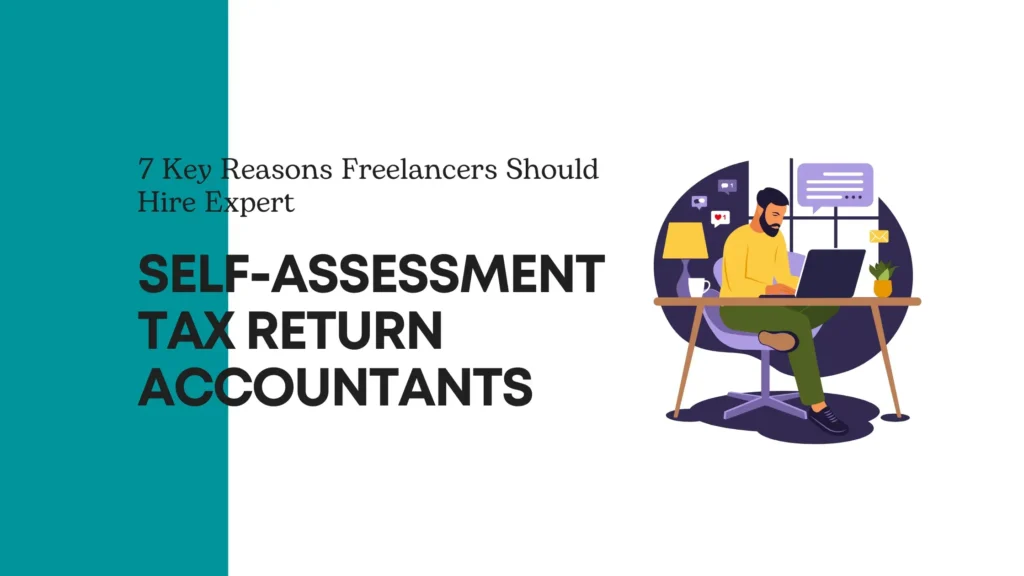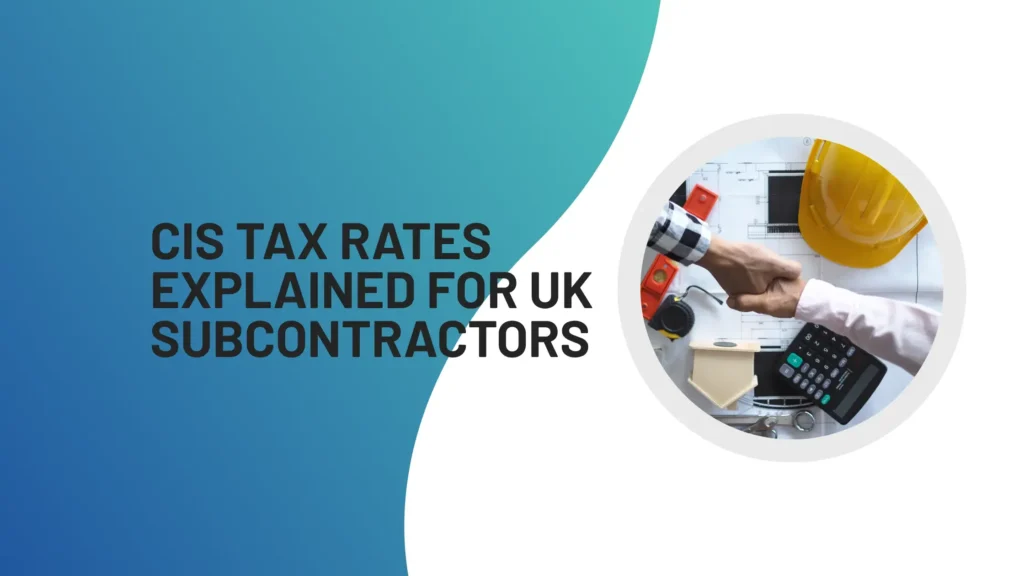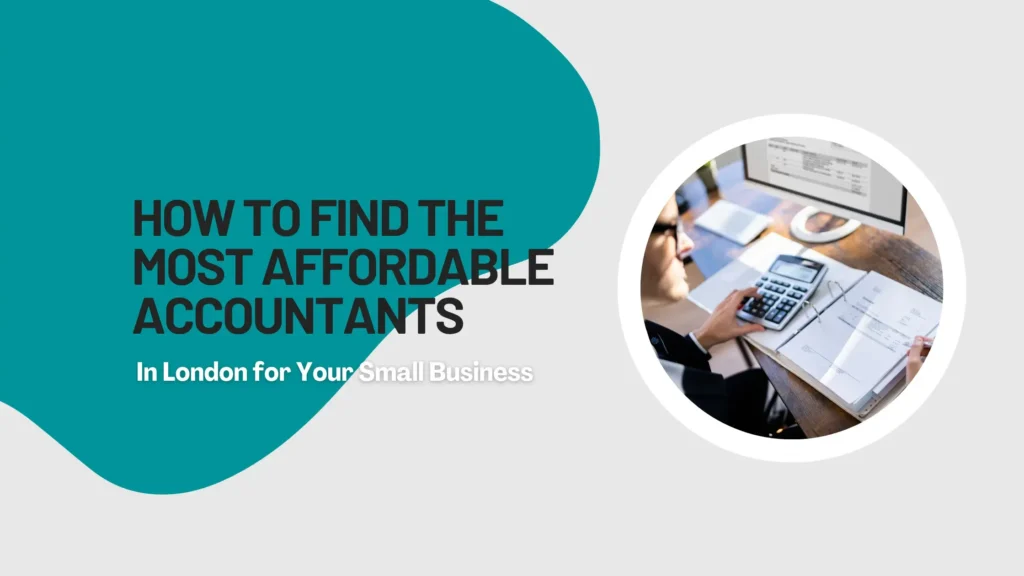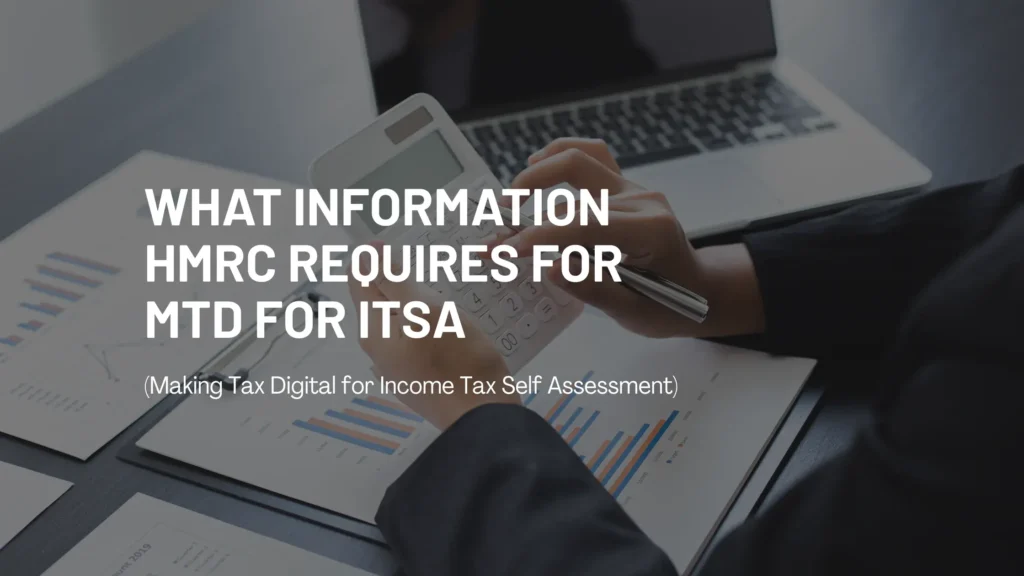Finding affordable accountants is crucial when starting and running a small business, especially for those who want to take services from a firm based in London. Starting a small business is an exciting adventure, but it also presents a number of challenges, particularly when it comes to managing finances. One of the most important decisions you’ll make is choosing the right accountant. But how do you find an accountant who offers the best value without compromising the quality of service? In this article, we’ll guide you through the steps to help you find the best accounting solutions that are within your budget and meet your small business needs.
